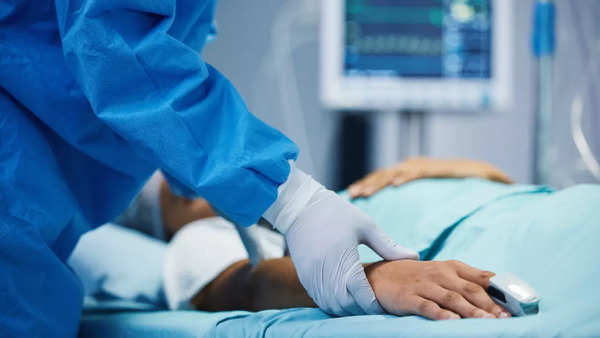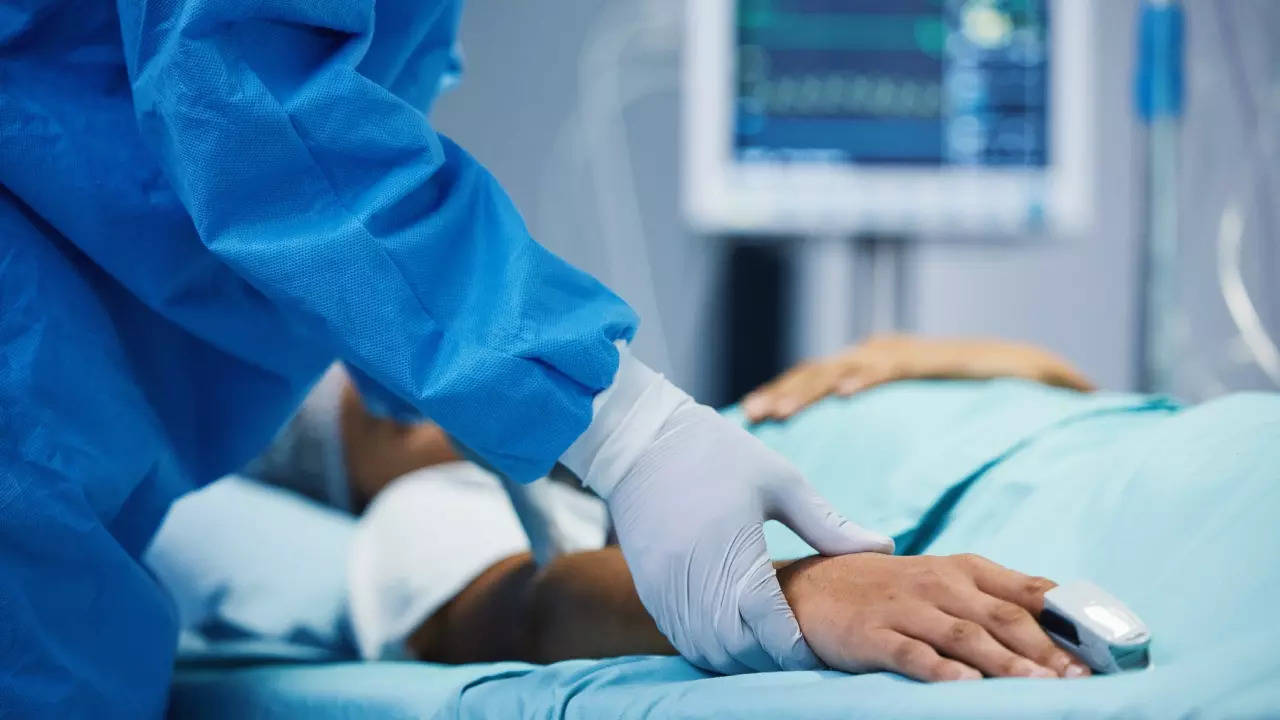The NHS has reported a concerning increase in hospital admissions due to vitamin deficiencies in England, with significant rises in cases related to iron and vitamin B deficiencies. Key symptoms and dietary recommendations to address these deficiencies are highlighted, including the importance of consuming iron-rich foods and sources of vitamin B12.
There has been a ‘troubling’ rise in the number of people admitted to hospital in England due to vitamin deficiency. According to an analysis of NHS figures, 191,927 people were admitted to the hospital in 2023-24, due to lack of iron. This is an 11% surge compared to the previous year (2022-23). This figure is almost 10 times higher than 1998-99, which was 20,396 hospital admissions.
In 2023-24, 2,630 people were admitted due to vitamin B deficiency (other than folate), which is a 15% surge compared to the previous year, and triple the admissions in 1998-99.
Vitamin B12 or folate deficiency anaemia has resulted in 3,490 hospital admissions in 2023-24, which is similar to the previous year’s figures, however, quite alarming compared to 1998-99, as the number of admissions was 836 according to the analysis by the PA Media news agency.
The data provided alarming insight into the people admitted with vitamin C deficiency and calcium.
How to recognize and prevent vitamin deficiency?
Iron deficiency
Iron deficiency is the most common cause of anaemia. Inadequate iron intake, pregnancy, menstruation, internal bleeding, inability to absorb iron, endometriosis, and genetics are some of the common reasons for this deficiency.
Signs of iron deficiency
According to NHS, the symptoms include:
- tiredness and lack of energy
- shortness of breath
- noticeable heartbeats (heart palpitations)
- paler than usual skin
- headaches
115698735
What to eat?
- Eat your greens especially watercress and curly kale
- Fortified cereals and bread with extra iron
- Meat
- Dry fruits like apricots, prunes and raisins
- Pulses (beans, peas and lentils)
Vitamin B12 deficiency
This is a condition caused by insufficient vitamin B12 levels in the body, often leading to anemia and neurological symptoms.
Signs of B12 deficiency
- rapid breathing or shortness of breath
- headaches
- indigestion
- loss of appetite
- palpitations
- problems with your vision
- feeling weak or tired
- diarrhoea
- a sore or red tongue, sometimes with mouth ulcers
- problems with memory, understanding, and judgment (cognitive changes)
What to eat?
- Meat, especially beef (especially liver and organ meats), and pork
- Poultry, especially chicken and turkey.
- Seafood such as fish (salmon, tuna, trout, sardines, mackerel), and shellfish (clams, mussels, oysters, crab, lobster)
- Dairy products like milk, cheese (e.g., Swiss, mozzarella), and yogurt are good sources of Vitamin B12
- Eggs, especially the yolk
114073885
I’m Manas Ranjan Sahoo: Founder of “Webtirety Software”. I’m a Full-time Software Professional and an aspiring entrepreneur, dedicated to growing this platform as large as possible. I love to Write Blogs on Software, Mobile applications, Web Technology, eCommerce, SEO, and about My experience with Life.





